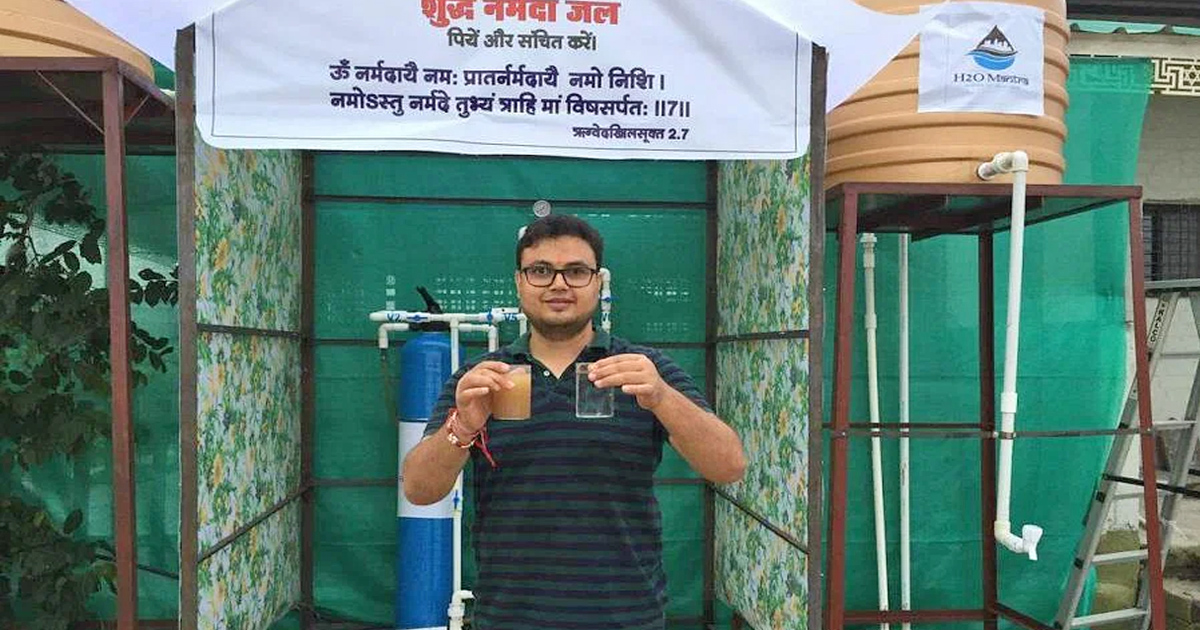
WHEN water quality and treatment company Environsens wanted to pitch its offerings to Indian government officials, it did not have to resort to cold-calling. Having entered the country via a consortium, it could rely on the group's leaders for introductions.
Similarly, being part of a consortium meant that software company Eastcom Systems could get a tailored bundle of business contacts, streamlining its pitching process.
Such groupings organised by Enterprise Singapore (EnterpriseSG) are helping Singapore's small and medium-sized enterprises (SMEs) enter India, a market that can otherwise be hard to crack.
In 2019, EnterpriseSG brought together an initial consortium of four SMEs to provide smart city solutions in India. A similar approach has since been taken in Vietnam.
Under this model, SMEs band together and pool resources, while getting business leads and networking opportunities from the agency and an appointed partner on the ground -- in this case, electronics component distributor Excelpoint Technology.
Shared expenses
"The consortium model approach is designed to help Singapore companies with limited to no experience with the Indian market to test their solutions and market demand, without committing too much upfront investment and physical setup for market entry," said Audrey Tan, director for South Asia at EnterpriseSG.
Consortium members can use EnterpriseSG and Excelpoint's offices in India for meetings with clients. Administrative, business development and marketing expenses are pooled and shared, with EnterpriseSG subsidising most of these.
For Singapore SMEs in relevant fields, expansion into India is a no-brainer, said Excelpoint vice-president of business development, RD Pai. "India is a huge market, and through this consortium, we get to open doors for Singapore companies in the technology field."
Excelpoint taps its existing business ties and expertise in India to identify opportunities for consortium members, and aids them in navigating local rules and regulations. It also invests with consortium companies in certain projects.
Members of the first consortium in 2019 offered different urban solutions for India's smart cities. The great benefit of a consortium, they said, is in meeting potential clients.
Environsens tapped EnterpriseSG and Excelpoint's existing relationships with government officials in India for business networking.
These introductions allowed Environsens to pitch its solutions and secure multiple water filtration projects with state governments there, said chief executive Shailesh Kharkwal.
Its India contracts have brought over S$1 million in revenue since 2019, including S$250,000 in the initial round of the consortium.
For heating, ventilation and air-conditioning (HVAC) company HVS Engineering, India presented a "very attractive" opportunity.
With more retail and commercial buildings in India seeking to go green, there were ample opportunities for HVS, which owned a patented energy-efficient solution for cleaning HVAC systems.
However, HVS felt it could not enter alone as it lacked prior leads, said managing director Alex Chow: "If my company goes into India alone, the door will not be open for me."
But as part of the consortium, HVS was able to present its solutions to Indian developer Lodha Group, after EnterpriseSG made introductions. That resulted in a pilot project to deploy its cleaning system in one of the developer's malls. Following the pilot's success, HVS bagged a contract for software company Dassault Systemes' facilities in Pune. Both contracts brought in a total of S$200,000.
In all, consortium members secured nine projects worth about S$650,000 under the first round, which ended in 2021, Tan said.
Granted, being part of a consortium does not solve all challenges in India. These include remitting revenue back to Singapore, and high taxes on operations that span states in India, said Chow.
Covid-19 travel restrictions made things tougher. Said Chow: "We got the job, but we had to handle everything from the Singaporean side." HVS had to find a local partner to handle logistical efforts in India on short notice.
For Environsens, the pandemic limited networking opportunities, which are critical for the company to gain contracts.
Nevertheless, given its success in the first consortium, it "made sense" to participate in this current second round, said Dr Kharkwal.
Launched in 2022 with nine participants, the second consortium aims to snag opportunities in the Internet of Things (IoT) space, as India's digitalisation continues.
One project that Environsens secured -- once more thanks to Enterprise SG's introductions -- was a contract to treat discharge water from India's textile industry, which includes IoT-enabled real-time monitoring. With an expanded pipeline of projects, the company expects a further S$3 million in revenue from India by end-2023, said Dr Kharkwal.
Eastcom decided to venture into India due to the "good penetration" of videoconferencing software such as Zoom and Microsoft Teams in the country. The company offers software for the secure storage, sharing and access of recorded virtual meetings.
Holding talks
After introductions by the consortium leaders, Eastcom is now in talks with several system integrators -- which combine solutions from different vendors to be sold together -- in India, said its chief operating officer Shiva Bhaskaran.
By mid-2023, the company will have signed at least five memoranda of understanding to have its products offered by these system integrators. It expects revenue of about S$500,000 from its operations in India by end-2023.
"Beyond the quantitative value of contracts secured, successful consortium participants should also find themselves more familiar with navigating the business landscape, norms and practices in India and be able to adjust their internationalisation strategies for the market accordingly," said Tan.
Source: The Business Times © Singapore Press Holdings Limited. Reproduced with permission.

